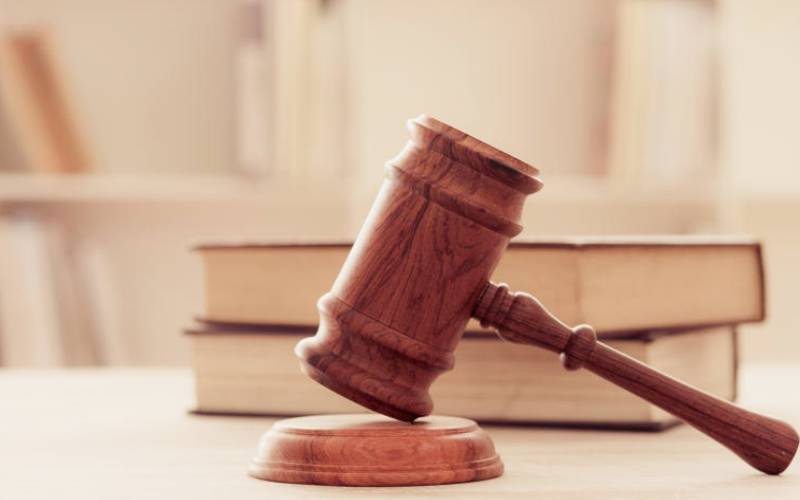×
The Standard e-Paper
Kenya’s Boldest Voice

The Court of Appeal has reinstated a Sh1.7 billion graft case against former managers of the Geothermal Development Company after a three-year battle that had stalled their trial.